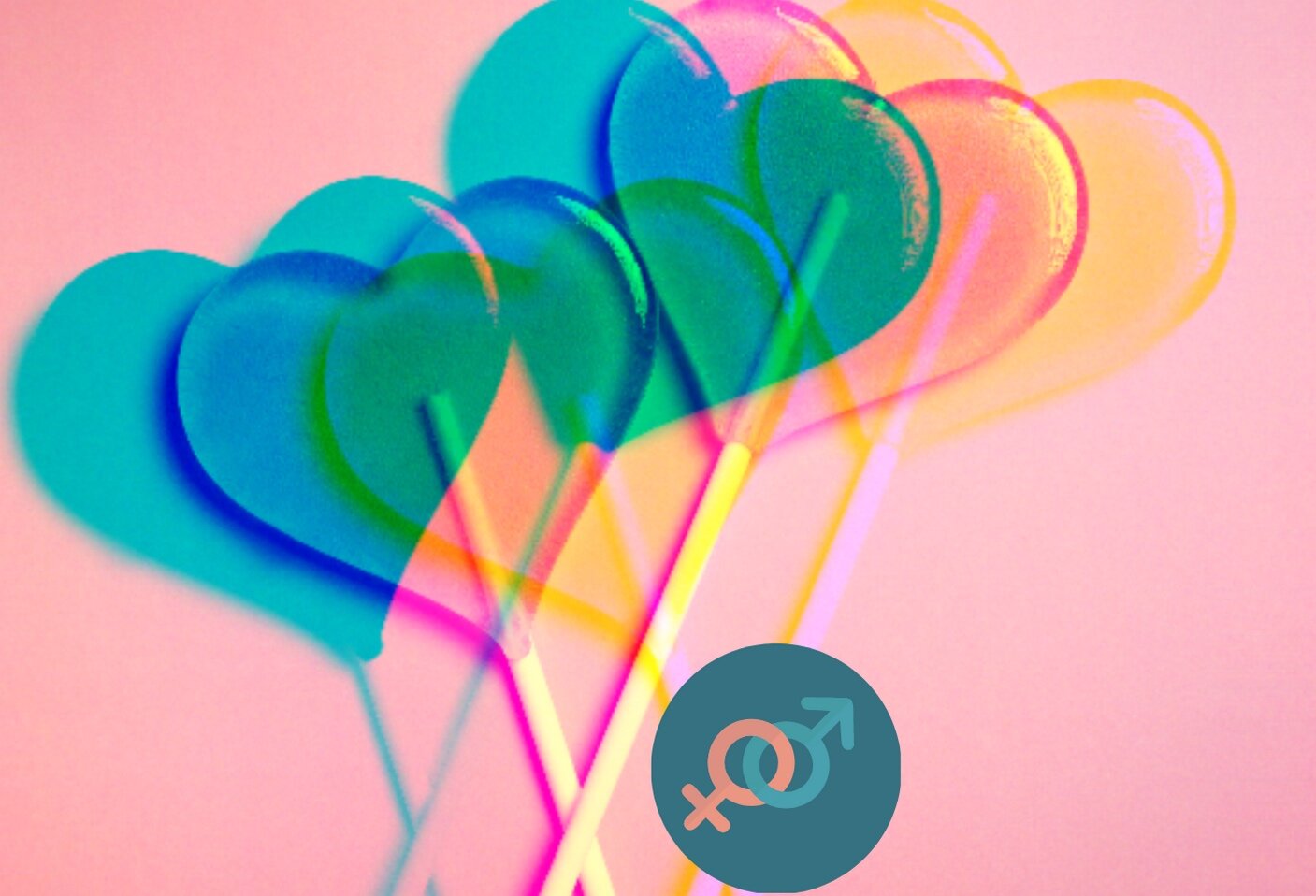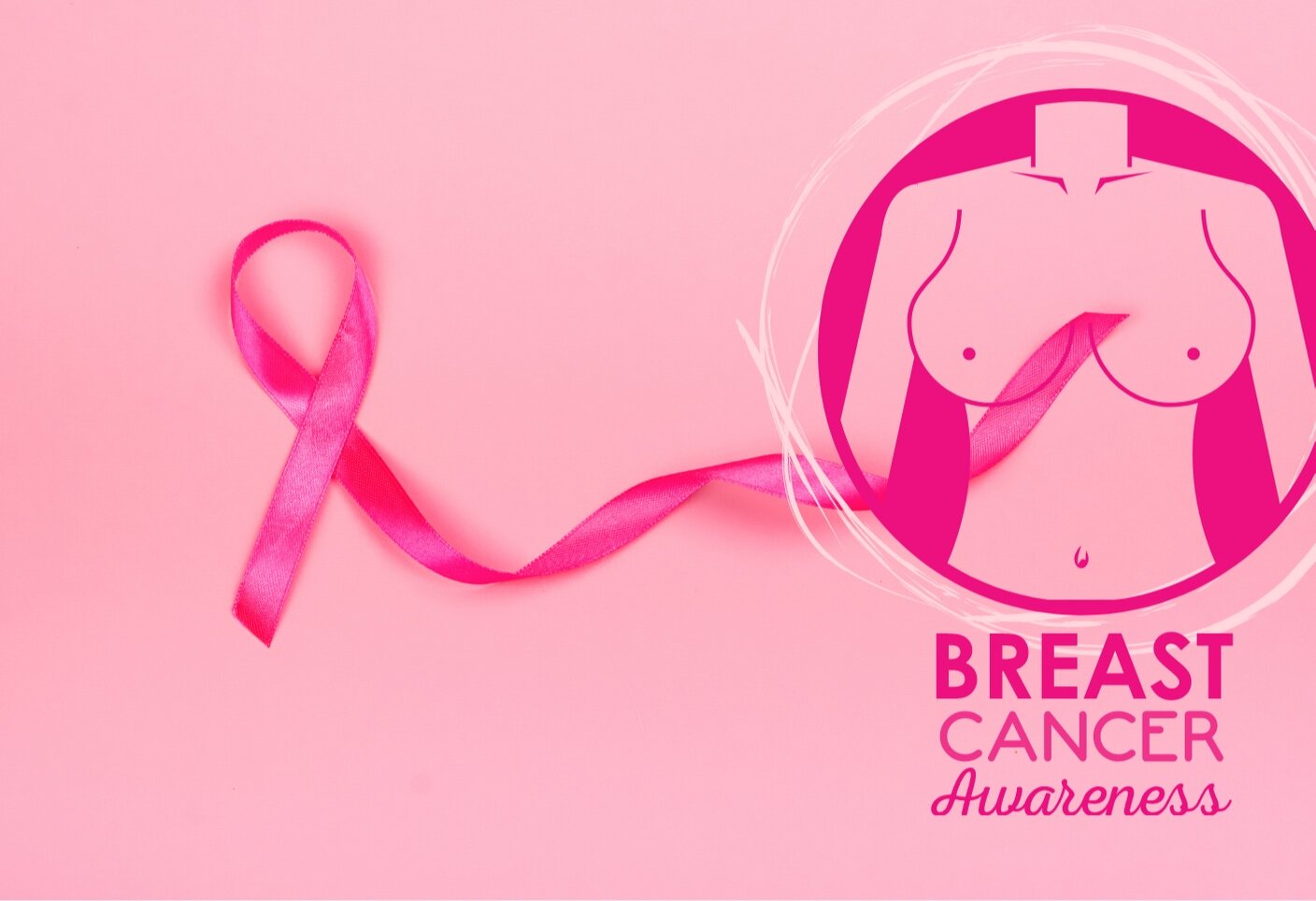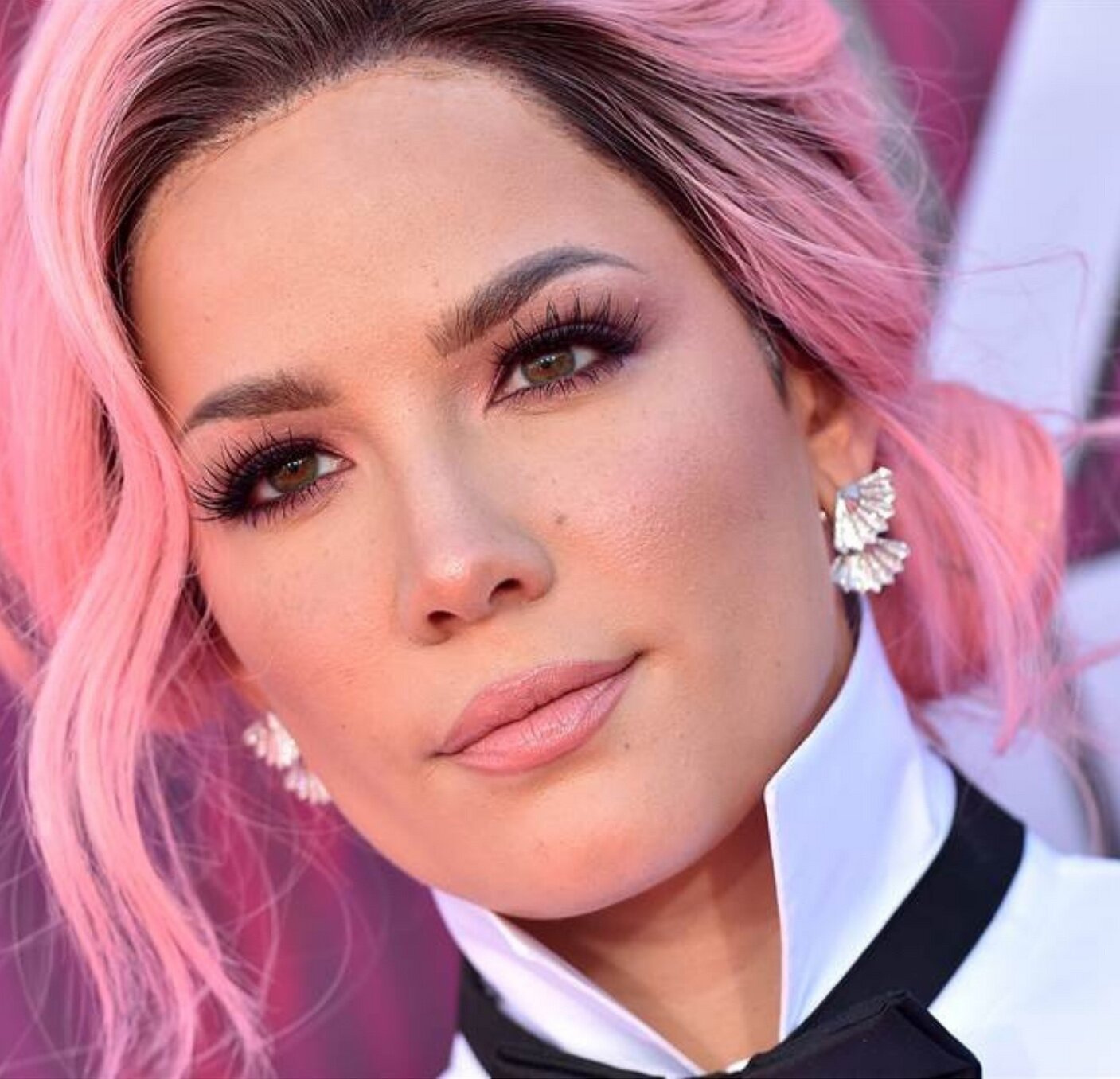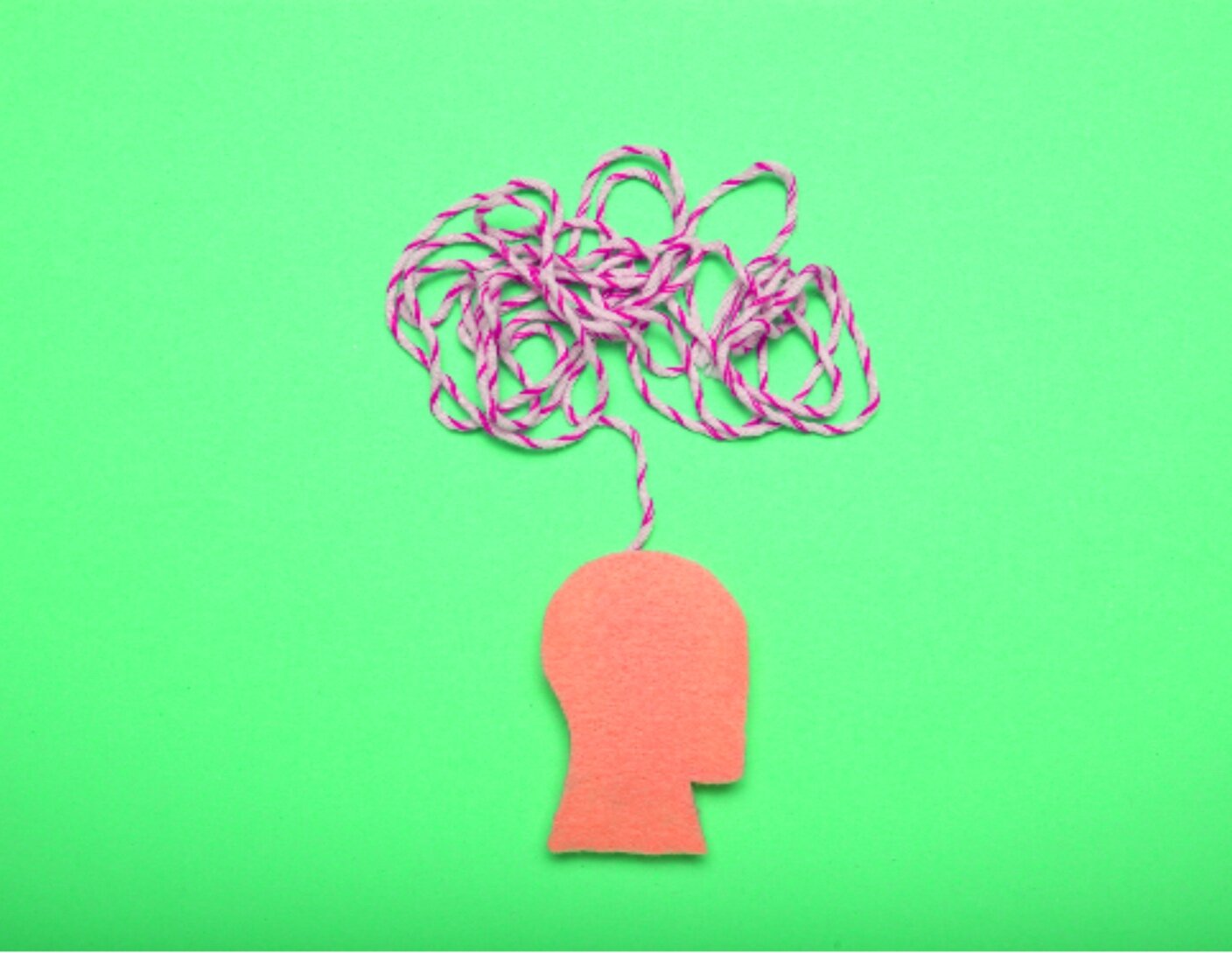SEX AND GENDER

The spectrum of sex and gender
BY DR NILE
It is a myth that biological sex and gender are ‘Binary’. That is, these characteristics do not fall into one or another category. They are not black or white but instead represent a broad spectrum of varied physical conditions, appearances and identities. Height is a characteristic that is correlated with sex and in general men are taller than women. However, there are tall women and short men and everything in between. Although we traditionally think of sex, in terms of men and women and gender as being either male or female, this is a social construct and does not represent reality.
Sperm cells can carry either an X or a Y sex chromosome. Egg cells only carry an X chromosome. You usually inherit one from each of your parents although sometimes you can inherit more than one. People who inherit an X chromosome from their father usually develop female sex characteristics while people who inherit a Y, usually develop male characteristics. Like most biological processes, there are many variations that can occur. This leads to multiple combinations and conditions and, in turn, a spectrum of different sexual characteristics, much more than what we might expect based simply on their chromosomes.
However, it is not just your chromosomes that determine sex, but also your sex hormones and these can have a powerful effect on development in the womb and at puberty. Some people produce more female hormones and this can cause even a person with XY chromosomes to develop genitals which appear more female and vice versa. Sometimes the genitals are difficult to distinguish at birth and it is harder for the parents and doctors to ‘assign’ the baby’s gender. This means deciding whether to bring them up as a boy or a girl.
As you can see the process of sexual development is a complicated one and there are many variations in the resulting sexual characteristics depending upon the chromosomes and sex hormones. The true picture is more of a continuum than you might think. In addition, the internal sex organs do not always match the external genitals and sometimes this is not known until a person goes through puberty or tries to have a baby.
As our society generally divides people according to their sex, men and women or into their gender, male and female, people who do not fall neatly into one of these groups can feel like an outsider, but this is far from true and this view is thankfully being challenged more and more.
In fact gender is more complicated than simply being male or female and does not always fit with a person’s assigned sex and gender. If you identify as the same as your gender assigned at birth you are known as ‘cisgender’, if your identity is different to that assigned at birth you are known as ‘transgender’. People who don’t identify fully as either a girl or a boy are called ‘non-binary’.
These gender identities have nothing to do with sexuality (your sexual attraction to others).
Some transgender people transition medically by taking hormones or by having surgery in order to bring their body into alignment with their identity, but not all transgender people want to or are able to do this. Most however do transition socially, which could involve changing their name, pronouns or their gender expression. It is important to respect everyone, no matter their sex or gender. If you are unsure as to how someone identifies, it is best to ask them how they like to be addressed and what pronouns they prefer. That is, do they want to be called ‘He’, ‘She’ or ‘They’.
Fundamentally, you cannot base sex or gender on what a person looks like. There are people that exist at every point in the spectrum and even though most people lie on one end or the other, there are many different sexual characteristics and identities in between. There is no line where male ends and female begins and leaving behind this outdated idea will make the world more inclusive to trans and intersex people.
Our mission is to change the perception of beauty. To change the way young women view themselves and change the way they are viewed by the world around them. Join us on the BeYoutiful journey.





